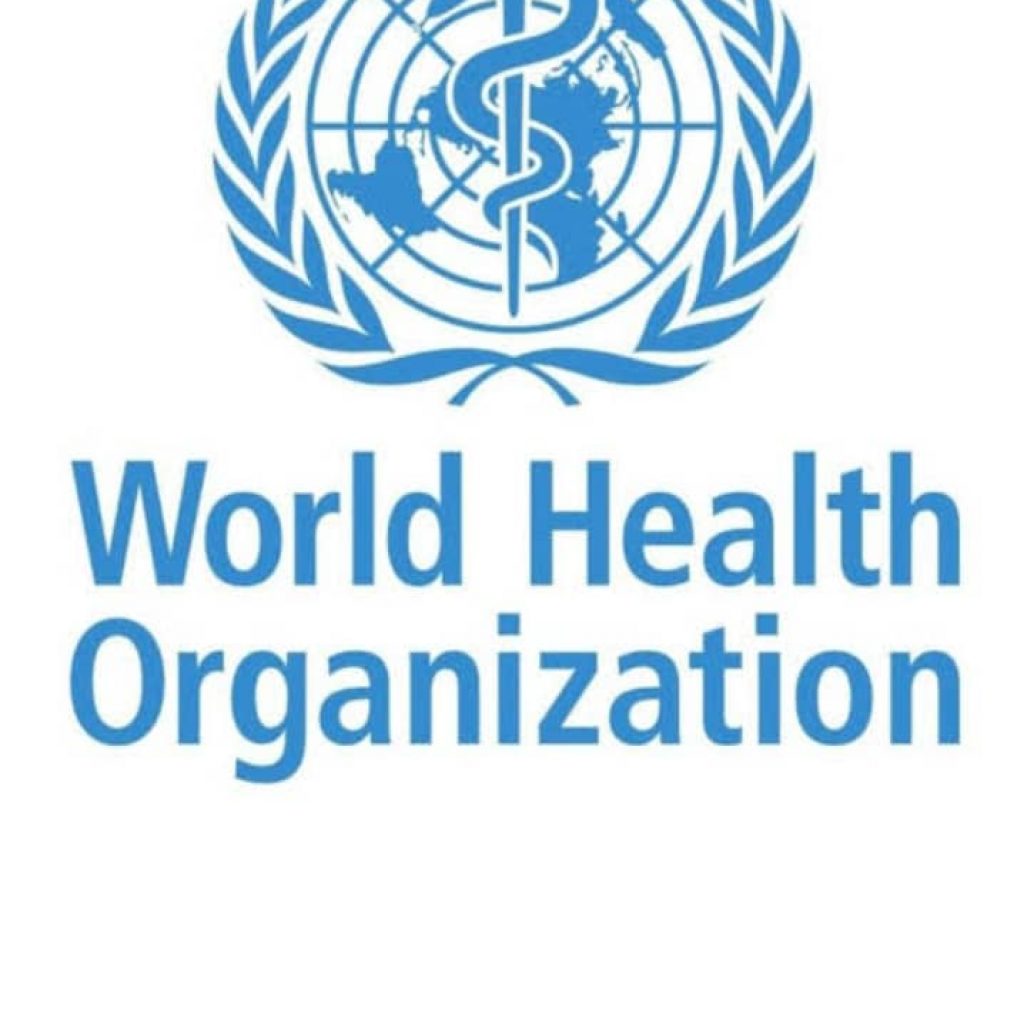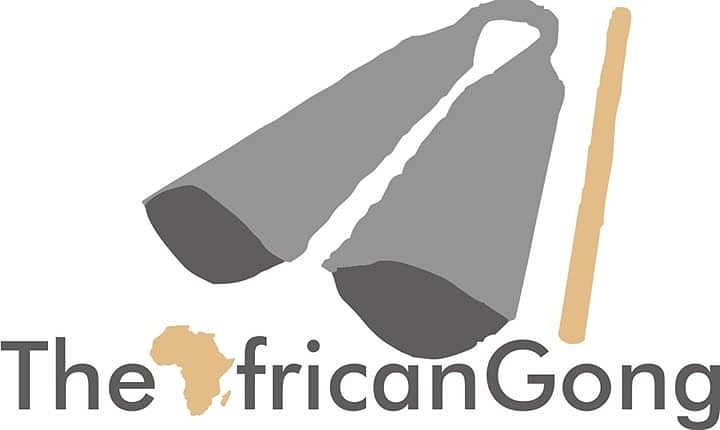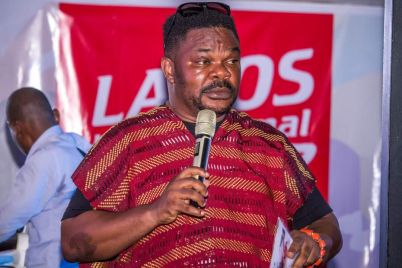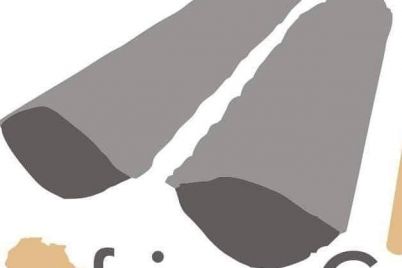
By Blessing David
The World Health Organization, WHO has called on African leaders to strengthen collaboration between science, technology innovation institutions; traditional health practitioners and the private sector, to fast-track research, development and local manufacturing of traditional medicine.
The WHO Regional Director for Africa, Dr Matshidiso Moeti in a message to mark the 2022 African Traditional Medicine Day noted that traditional medicine has been the trusted, acceptable, affordable and accessible source of health care for African populations for centuries.
According to the world health body , about 80% of the continent’s population till date relies on traditional medicine for their basic health needs.
Dr Moeti said, since African Traditional Medicine Day was initiated in 2003, the continent has seen the implementation of WHO Regional Strategies on Promoting and Enhancing the Role of Traditional Medicine in Health Systems.
She said, so far, about 34 research institutes in 26 countries dedicated to traditional medicine research and development adding that it remains a promising industry, with great commercial potential if marketed appropriately internationally.
These institutes have employed WHO guidelines and protocols to assess the quality, safety and efficacy of traditional medicine-based therapeutics for priority diseases, such as HIV/AIDS, malaria, diabetes, hypertension, Sickle-Cell Disease and, recently, COVID-19. Currently 17 countries, as opposed to zero in 2000, have frameworks for the protection of intellectual property rights and traditional medical knowledge.
To advance continental efforts towards equitable access to medical products and technologies, all but eight African Member States are now engaged in large-scale cultivation of medicinal and aromatic plants.
“Nineteen countries have also established facilities for the local manufacture of herbal medicines, with the number of herbal medicines registered by national regulatory authorities in 14 countries increasing from just 20 in 2000, to more than 100 this year. More than 45 herbal medicines now feature on national essential medicines lists.

WHO says , 25 countries have now integrated traditional medicine into their health sciences curricula, while 20 have established training programmes for traditional health practitioners and health sciences students, to strengthen human resources in both traditional medicine and primary health care. Thirty-nine countries have also developed legal frameworks for traditional health practitioners.
“Positive signs of traditional and conventional health systems working in parallel for the good of their patients is that referrals of patients between the two sectors are now taking place routinely in 17 countries. A total of 24 countries have also developed Codes of Ethics and Practice for traditional health practitioners, to ensure safety and standards of service delivery. Ghana is setting the example for the continent, with the establishment of traditional medicine clinics in 55 regional hospital settings to date.
WHO in the African Region has supported joint missions with partners to the Democratic Republic of Congo, Ghana, Madagascar, Nigeria, South Africa and Uganda, to monitor clinical trials of traditional medicine-based therapeutics proposed for COVID-19, eight of which are ongoing.
“The political will displayed by countries to support these innovations has been inspiring, as has the level of available infrastructure and skills”, she said.


